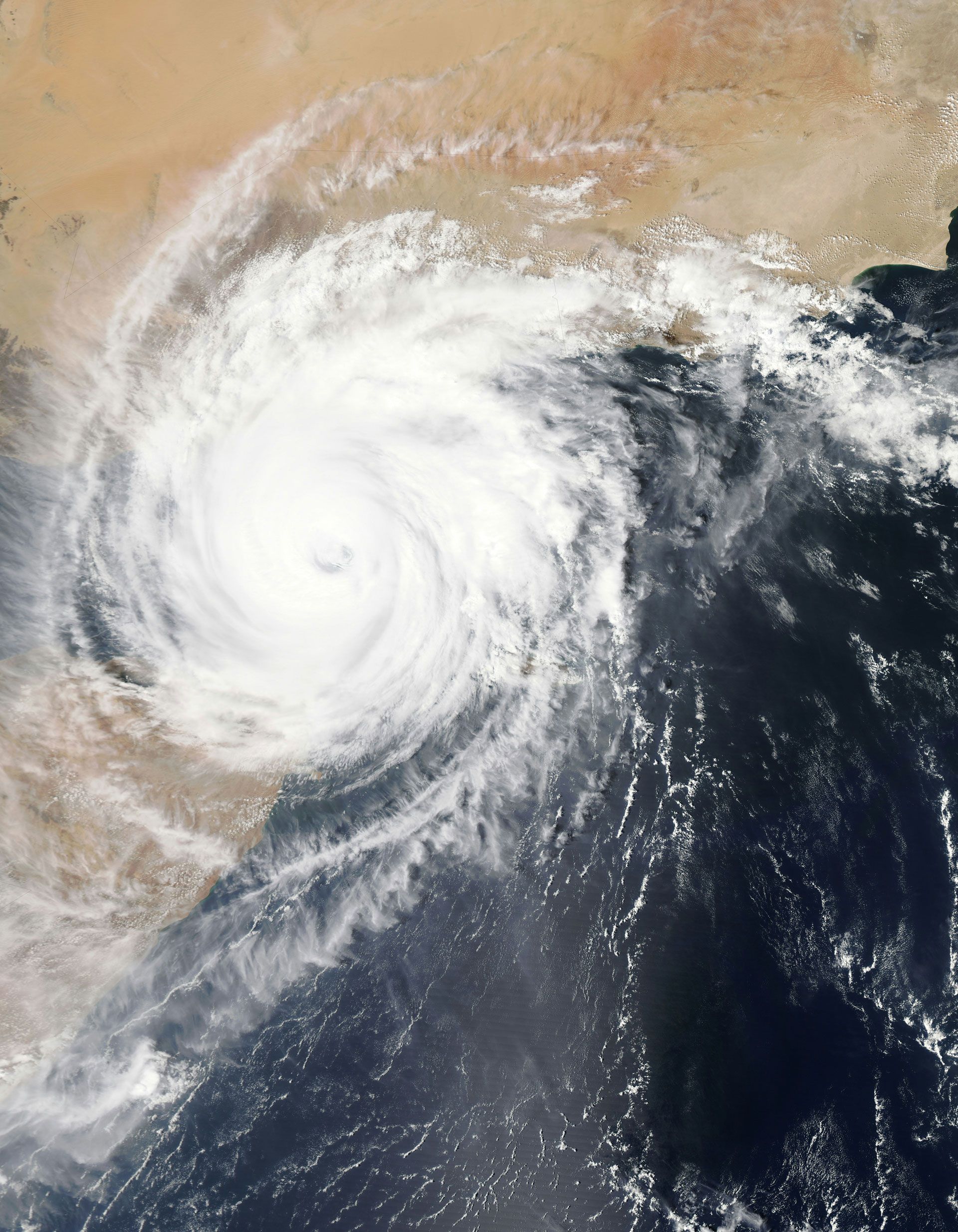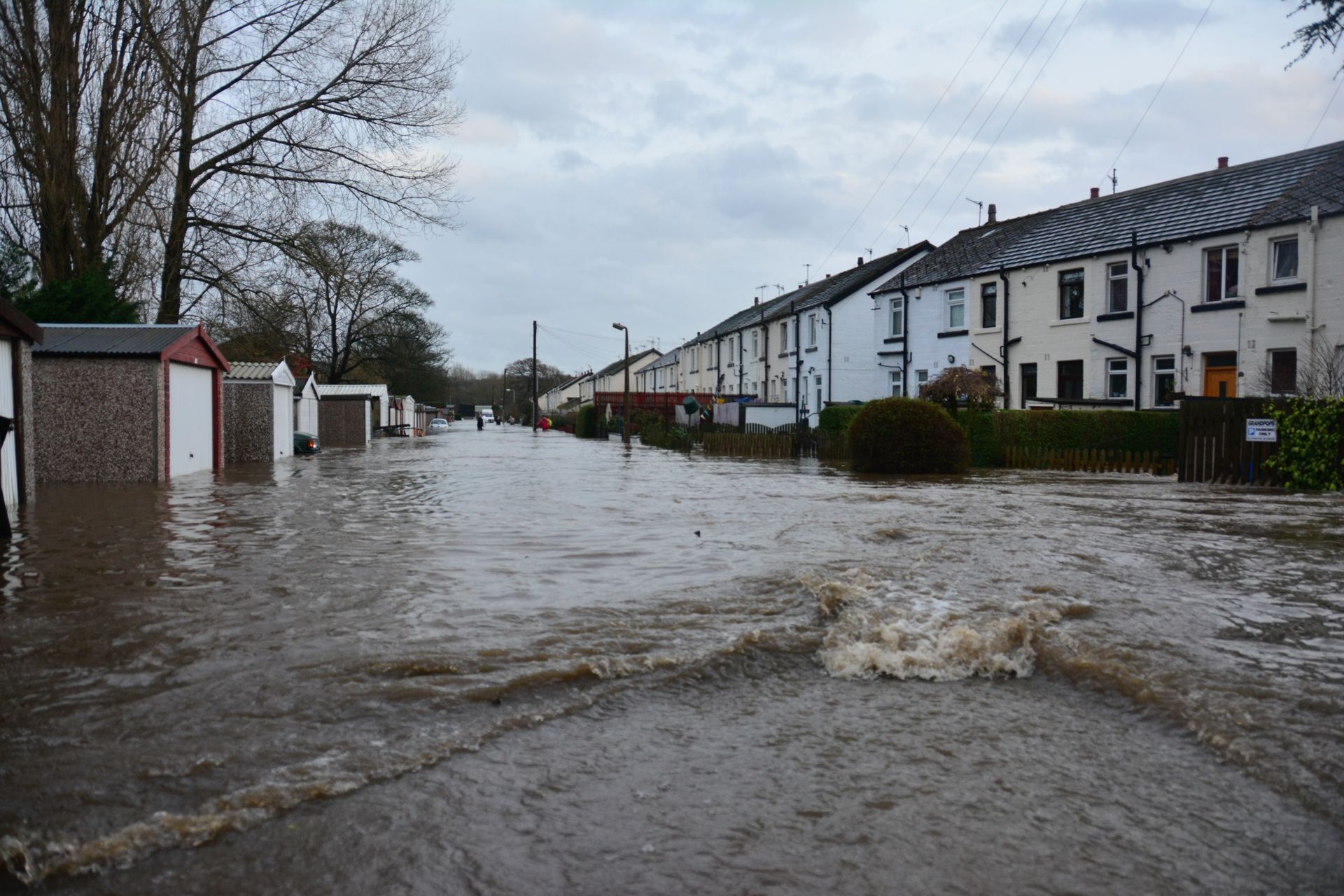Just Like a Butterfly
Tori Leckie • June 25, 2019
Happiness is Like a Butterfly

I was working on a magazine feature not long ago about the science of happiness. Fascinating. My intrigue first began post hearing an interview on Dubai Eye with a professor of happiness based here in the UAE. He started the discussion by saying that in the history of Harvard, the course with the most popular sign-ups EVER was one on the science of happiness.
I’m already a sucker for books on positive psychology and personal development so digging a little deeper into this whole subject has kept me entertained for hours …
So today … Tori’s top takeaways from her reading and research so far … it’s not brain surgery, indeed many are obvious. But sometimes, we forget. We get so wrapped up in looking forward that we forget to focus on the now.
* Seeking ‘happiness’ alone is misguided; happiness is a byproduct of loads of different things in life: a meaningful purpose, passions, relationships with friends, family, lovers and others etc
* Natural selection has wired us in such a way that it’s not the outcome but the process that makes us happy. Happiness comes from feeling we are making progress rather than achieving specific outcomes. This is why we should always break our big goals down into little goals
* Your prefrontal cortex is prone to a cognitive illusion called the impact bias … what this means is that our brain vastly over estimates how happy certain outcomes will make us feel e.g. ‘If only I had X, I’d be happy’
* To be happy with work, three key needs to be fulfilled: autonomy--you have control over your time and what you do, competence--being excellent at a useful and valued skill and relatedness--feeling connected to others
* We overestimate the effect that acquiring material goods will have on our long-term happiness. That 60-inch TV, VB handbag or jewel-encrusted pair of Manolos will not make much of a long term dent (other than to your bank balance) after the initial high. Once over a minimal threshold of wealth, increases do not bring much extra happiness
* Work out. It gets you into a meditative-like state and pumps natural painkillers through your brain. We’ve all heard of the ‘runners high’ … and many of us experience it regularly first hand. Learning to push yourself when exercising makes you more resilient when facing the inevitable hardships in life. Exercise also powerfully boosts your mood and alleviates depression among those unfortunate enough to suffer from it
* To those of you who worry constantly about what people think of you: they’re thinking about you less than you imagine. Other people are thinking about themselves, not you
* Take more chances. ‘Worst case scenarios’ don’t usually transpire and are not as painful as you imagine they will be. Terrified to ask someone out on a date? Do it. If they say no, you will NOT be crushed forever with humiliation; it will be nowhere near as bad as you think it will be. (And, all else being equal, you have about a 50% chance of a stranger agreeing to a date with you--not bad odds)
* Fulfilling, intimate, close relationships are important, but never reply on others for your own happiness / feelings of content … that should come from within
* Don’t just ‘count your blessings’; vividly visualize how your life would be if those blessings were suddenly taken away from you. This elicits sincere gratitude
* ‘Chase your dreams’ is good advice. Find a way to make money doing what you would do if you couldn’t make money out of it !" the thing that gets you into a flow state. But this must be tempered with a dose of reality: there is no magical occupation in life that will fill you with endless delirious happiness. Thinking otherwise will lead you to be relentlessly unhappy and dissatisfied
* Having too many options leads to perennial dissatisfaction. The freedoms you have and the multiple alternative life possibilities available to you, are, paradoxically, a source of enormous dissatisfaction.
* Simplify your life. You are probably doing too many unnecessary things that clog up your schedule, stress you out, dilute your productivity and detract from the day to day enjoyment of life
* If circumstances in your life are causing you unhappiness, sit down with a pen and paper and work out what the problems are and what steps you can take to eliminate the problems. Do not ruminate--" eliminate!
* Not everyone will love and adore you. Some people will detest you and they will be multiplied if you become successful. Don’t waste your time trying to make everyone like you
* We are wired in such a way that losing stings more than winning brings pleasure … but some suffering is inevitable; it the flip side of having a mind capable of intense joy and love.
* Be friends with happy people. Get rid of toxic friendships. Who you surround yourself with is crucial to your well-being, your life satisfaction and your success in personal endeavors.
Quite a lot here I know … perhaps a post worth printing out and sticking to the fridge. Or perhaps just remember the wonderful words of Henry David Throeau:
“Happiness is like a butterfly. The more you chase it, the more it eludes you. But if you turn your attention to other things, it comes and sits softly on your shoulder.”

Each year on April 22 nd , people worldwide celebrate Earth Day , a holiday dedicated to honoring planet Earth and advocating for environmental protection. But how did Earth Day come to be, and what can we do to celebrate and make a positive impact? Let’s explore the holiday's history and explore ways to commemorate it! The History of Earth Day The birth of Earth Day can be traced back to the 1960s when environmental issues were increasingly gaining attention. Concerns about pollution, deforestation, and the impact of human activities on the planet grew, prompting individuals to act. This paved the way for the idea of Earth Day. Inspired by the anti-war movement, Senator Gaylord Nelson envisioned a nationwide grassroots demonstration to raise awareness about environmental issues. On April 22, 1970, the first Earth Day was celebrated in the United States, drawing millions of people from diverse backgrounds to participate in rallies, teach-ins, and various environmental activities. The success of the inaugural Earth Day was huge. It led to the creation of the Environmental Protection Agency (EPA) and the passage of key environmental legislation, including the Clean Air Act , the Clean Water Act , and the Endangered Species Act . Earth Day had evolved into a global movement, inspiring people worldwide to take action to protect the environment. How to Celebrate Earth Day Educate Yourself and Others Take some time to deepen your understanding of environmental issues facing our planet, from climate change and deforestation to plastic pollution and habitat destruction . Explore reputable sources of information, attend educational events, and engage in meaningful conversations with experts and activists online. Share your knowledge with friends, family, and community members to raise awareness and inspire action. Reduce, Reuse, Recycle Welcome sustainability principles into your daily routine by reducing waste, reusing whatever is possible, and recycling materials such as paper, plastic, glass, and metal. Consider adopting eco-friendly practices such as composting organic waste, using reusable shopping bags and water bottles, and opting for minimally packaged products. Encourage others to adopt these practices and support businesses that prioritize sustainability. Connect with Nature Spend time outdoors and connect with the natural world. Whether exploring a local park, hiking through a forest, or sitting in a garden, immersing yourself in nature can help you foster a deeper appreciation for Earth. Take time to observe wildlife, listen to the sounds, and marvel at the ecosystem’s beauty. Try activities such as bird watching, nature photography, or tree planting! Support Environmental Causes Get involved in environmental initiatives and support organizations addressing pressing environmental challenges. Volunteer your time, skills, and resources to participate in conservation projects, clean-up efforts, and advocacy campaigns. Donate to environmental organizations that are making a difference, and use your voice to advocate for policies and practices that promote sustainability and protect the planet. Your actions, whether by signing petitions, contacting elected officials, or joining movements, can help drive positive change at the local, national, and global levels. Related Article: 2024 Hurricane Survival Guide for Central Florida Residents Celebrate Earth Day Every Day While Earth Day is officially celebrated on April 22 nd , it’s important to remember that caring for the planet is an ongoing commitment that requires sustained effort and dedication. Make Earth-Friendly choices year-round and integrate sustainability into all aspects of your life. Encourage others to join you in adopting environmentally conscious habits and advocate for policies and practices that prioritize the health and well-being of the planet. Working together can create a more sustainable world for present and future generations. Conclusion Earth Day is a powerful reminder of our collective responsibility to protect and preserve the planet for future generations. From its humble beginnings as a grassroots movement to its global impact today, Earth Day has inspired millions of people to act and advocate for environmental stewardship. As we celebrate Earth Day each year, let us reflect on our progress and the challenges that lie ahead. We must reaffirm our commitment to caring for the Earth and working together to build a more sustainable and resilient world. After all, there is no backup planet – it’s up to us to care for the one we have!

Floridians: Hurricane season is approaching! If you’re a resident of Central Florida, you must take steps to protect your home, your family, and your assets from potential damage. In addition to preparing your home and stocking up on essentials, it’s crucial for you to review your insurance coverage to ensure you’re adequately protected. Let’s dive into the importance of having the right insurance coverage, learn practical tips for hurricane preparedness, and outline the necessary steps to take in the aftermath of a storm. The Importance of Good Insurance Coverage Protecting your Home: Homeowners insurance typically covers damage caused by wind, rain, and other dangers associated with hurricanes. However, it’s essential to review policy limits and exclusions to ensure adequate coverage for potential damages. With Central Florida being a hurricane-prone region, you should consider purchasing insurance that covers not only property damage but also additional living expenses in case you need to evacuate your home. Flood Insurance: Standard homeowners insurance policies often do not cover flood damage. Given that Central Florida is affected by flooding due to hurricanes, purchasing flood insurance through the National Flood Insurance Program (NFIP) or a private market insurer (salmon website) is crucial for comprehensive protection. Flood insurance policies typically have a 30-day waiting period before coverage takes effect, so it’s important to plan ahead and secure coverage well before hurricane season begins. Windstorm Insurance: Some insurance policies may require separate windstorm coverage, especially in areas prone to high winds and hurricanes. Review policy details to confirm coverage for wind-related damages, such as roof damage, broken windows, and structural issues. It’s also important to understand any deductibles associated with windstorm coverage and how they may impact the cost of repairs after a hurricane. Some Tips to Prepare for Hurricane Season Review your Insurance Policies: Before hurricane season begins, review your homeowners, flood, and windstorm insurance policies to understand coverage limits, deductibles, and exclusions. Consider consulting with an insurance agent to ensure you have adequate protection based on your property’s location and unique risks. Flood Insurance: Document your belongings and their value through photos, videos, or written inventory. This will facilitate the claims process in case of damage or loss during a hurricane. Keep important documents, such as insurance policies, in a waterproof and portable container as part of your emergency preparedness kit. Windstorm Insurance: Take proactive measures to secure your property and minimize potential damage from high winds and flying debris. Reinforce windows and doors with storm shutters, trim trees and shrubs, and secure loose outdoor items. Consider investing in impact-resistant roofing materials and garage door braces for added protection against hurricane winds. Develop an Emergency Plan: Create a family emergency plan that includes evacuation routes, designated meeting points, and contact information for emergency services and loved ones. Stock up on essential supplies, including non-perishable food, water, medications, flashlights, batteries, and first aid supplies. Some steps to take after the hurricane Assess Your Damage Safely: After the hurricane passes, wait until it’s safe to venture outside and inspect your property for damage. Exercise caution when assessing damage and avoid touching downed power lines or entering flooded areas. Take photos or videos of the damage to support your insurance claim and document the extent of damage. Contact your Insurance Provider, if necessary: Report any damage to your insurance company as soon as possible. Provide detailed information about the extent of the damage and follow their instructions for filing a claim. Be prepared to provide your policy number, contact information, and a description of the damage when reporting a claim. Keep records of all communication with your insurance provider, including claim numbers and adjuster information. Mitigate Further Damage: Take immediate steps to prevent further damage to your property, such as covering broken windows, tarping roofs, and drying out water-damaged areas. Keep receipts for materials and services used to mitigate damage, as these expenses may be covered by your insurance policy. Work with reputable contractors and restoration professionals to ensure the repairs are completed safely and effectively. Document Expenses: Keep detailed records of expenses related to hurricane recovery, including temporary accommodations, repairs, and replacements. This information will help support your insurance claim and ensure that you receive fair compensation for your losses. Be sure to submit all relevant documentation to your insurance company in a timely manner and keep copies for your records. Conclusion Make sure you prepare in advance for hurricanes in Central Florida so you can mitigate the financial impact of storm damage and protect your home and family. Remember to stay informed, stay safe, and be proactive in safeguarding your property against the unpredictable forces of nature. With proper planning and preparation, you can weather the storm and come out stronger!

Introduction In regions like Florida, where the risk of flooding is a constant concern, understanding and securing flood insurance is crucial for homeowners. This specialized insurance provides financial protection against damages caused by flooding, a peril not typically covered under standard homeowners insurance policies. Understanding Flood Insurance Definition and Basics Flood insurance is a specific type of property insurance that covers losses to your home and personal property due to flooding. It's crucial to note that standard homeowners insurance does not cover flood damage . Coverage Details A standard flood insurance policy typically includes: Structural Damage : Covers the repair or rebuilding costs for your home's structure. Personal Property : Provides compensation for damaged personal items. Living Expenses : Assists with costs if your home is temporarily uninhabitable. Assessing Flood Risk Risk Factors Key factors influencing flood risk include proximity to water bodies, regional climate patterns, and local topography. Importance of Risk Assessment Proper risk assessment is essential for determining the need and level of flood insurance coverage. Homeowners should use flood maps and risk assessment tools to gauge their property's vulnerability. The Necessity of Flood Insurance Protection Against Flood Damage Flood insurance acts as a safety net, ensuring homeowners can recover from flood-related losses. Case Studies Examples of flood recovery highlight the critical role of flood insurance in post-disaster financial stability. Flood Insurance vs. Homeowners Insurance Comparative Analysis Homeowners insurance covers various property damages but typically excludes flood damage, underscoring the need for a separate flood insurance policy. Misconceptions Clarified Many homeowners mistakenly believe their standard policy covers flood damage, which can lead to significant financial hardship in the event of a flood. Choosing the Right Flood Policy Factors to Consider When selecting a flood insurance policy, homeowners should consider coverage limits, deductibles, and policy exclusions. Policy Types Options range from National Flood Insurance Program (NFIP) policies to those offered by private insurers, each with unique coverage aspects. Financial Implications Cost of Flood Insurance The cost varies based on location, flood risk, and the value of the insured property. Long-term Financial Benefits Investing in flood insurance can prevent devastating financial losses during a flood event. Steps to Acquire Flood Insurance Process Overview To obtain flood insurance, homeowners should: Assess their flood risk. Compare policy options. Choose the policy that best fits their needs. Resources and Assistance FEMA's Flood Map Service Center and insurance advisors can provide guidance in selecting the appropriate policy. Preparing for Flood Events Preventive Measures Homeowners can minimize flood damage through measures like elevating utilities and installing flood barriers. Community Resources Local programs often offer support for flood preparedness and recovery. Conclusion Flood insurance is an indispensable safeguard for homeowners, particularly in flood-prone areas. It ensures financial resilience in the face of potential flood disasters. Next Steps Evaluate your flood insurance needs and take steps to protect your home and financial future.


